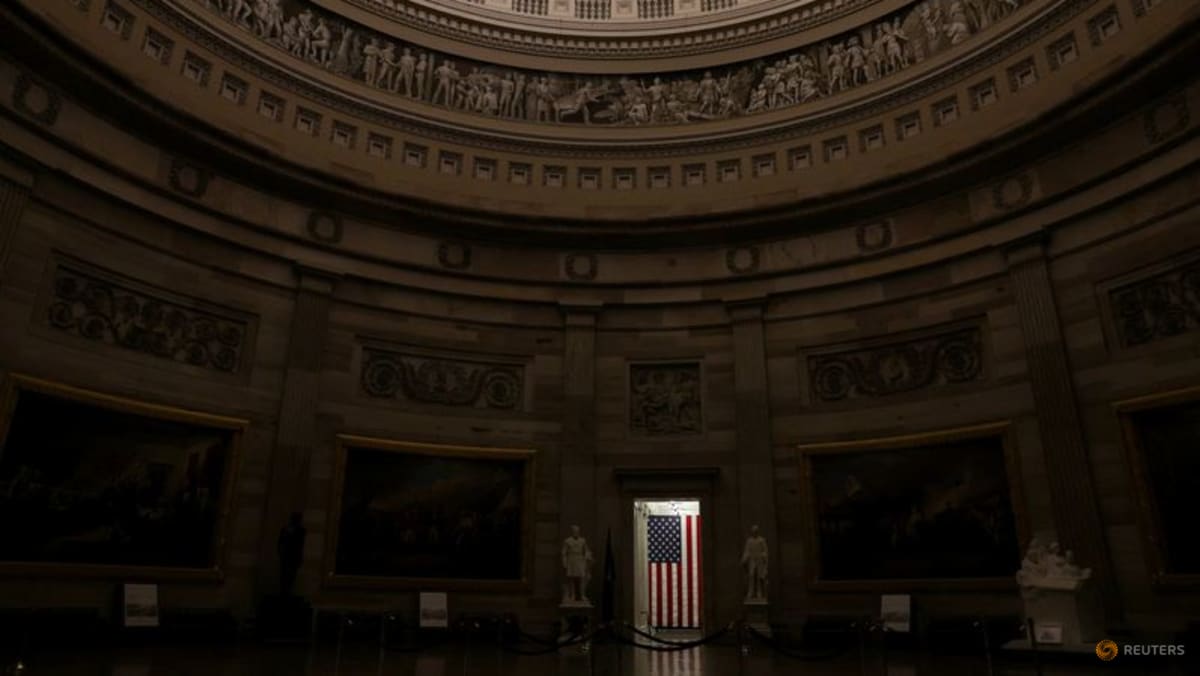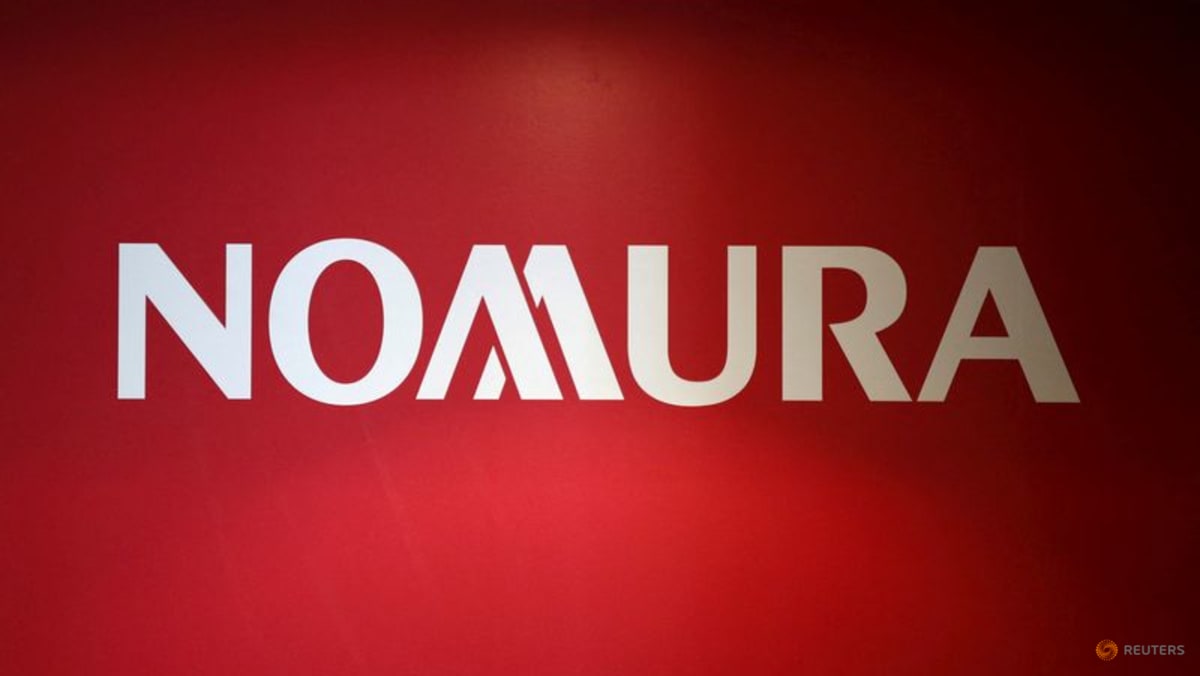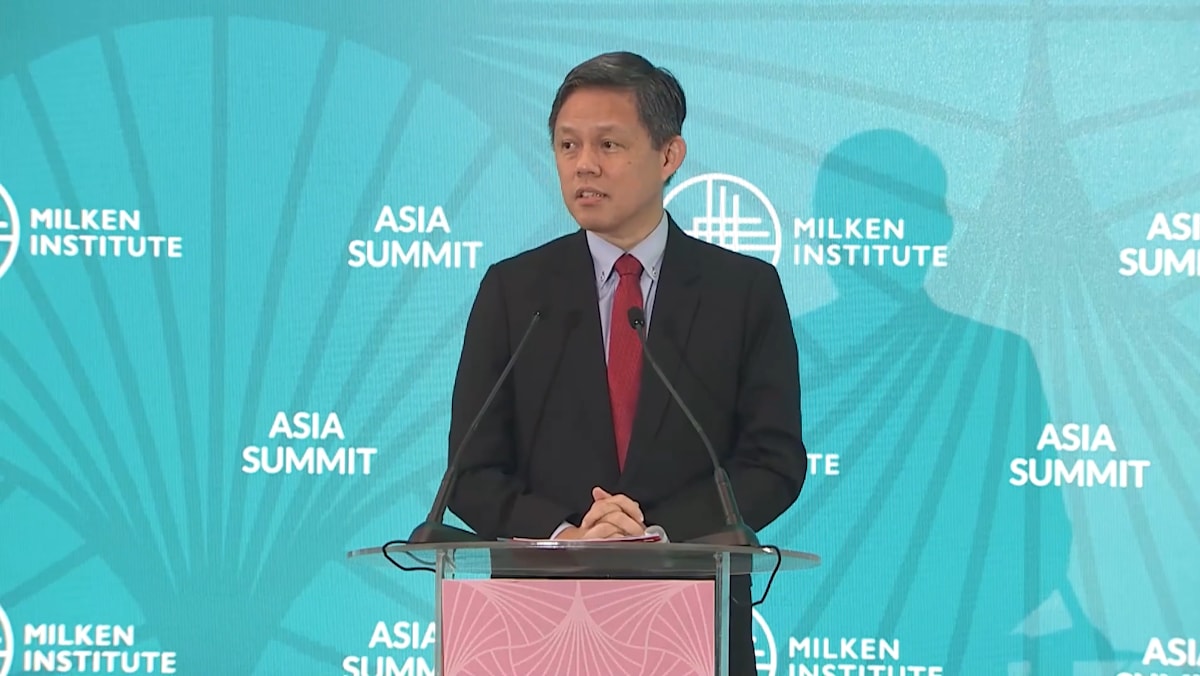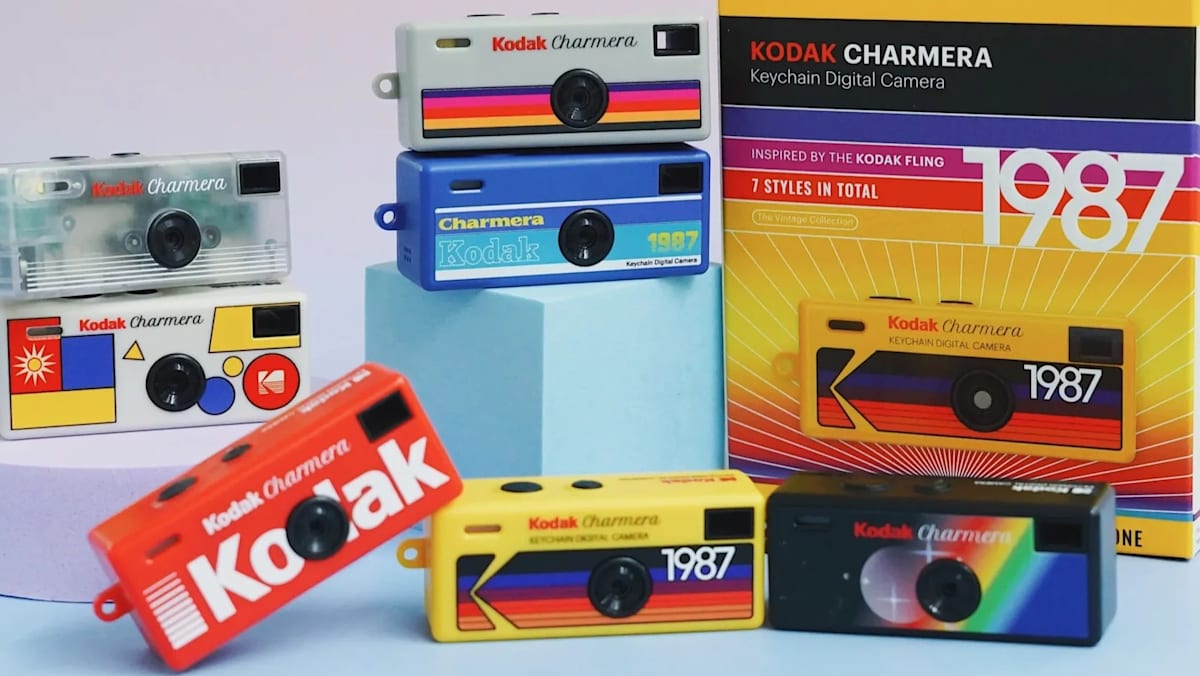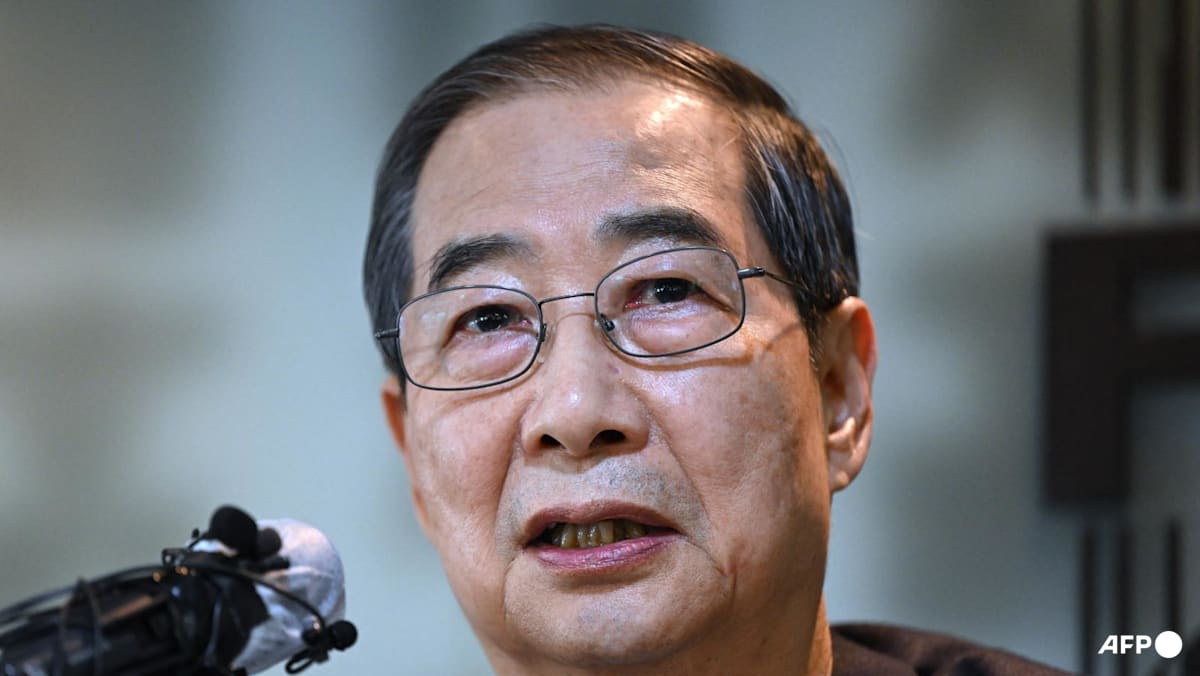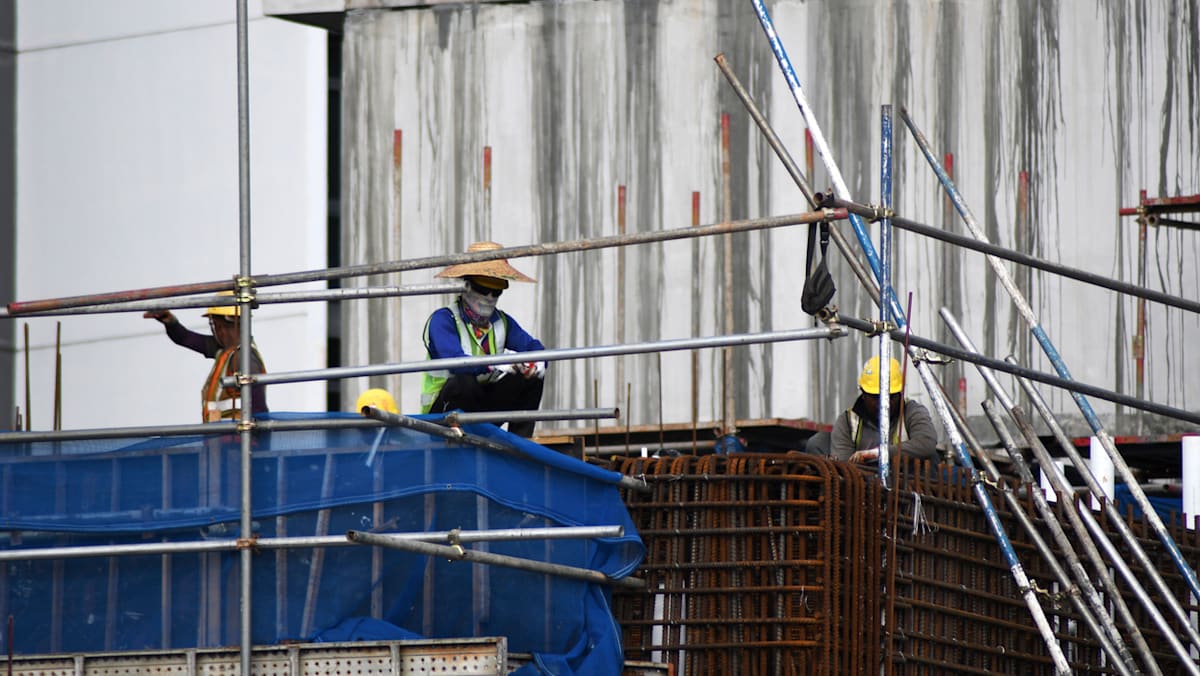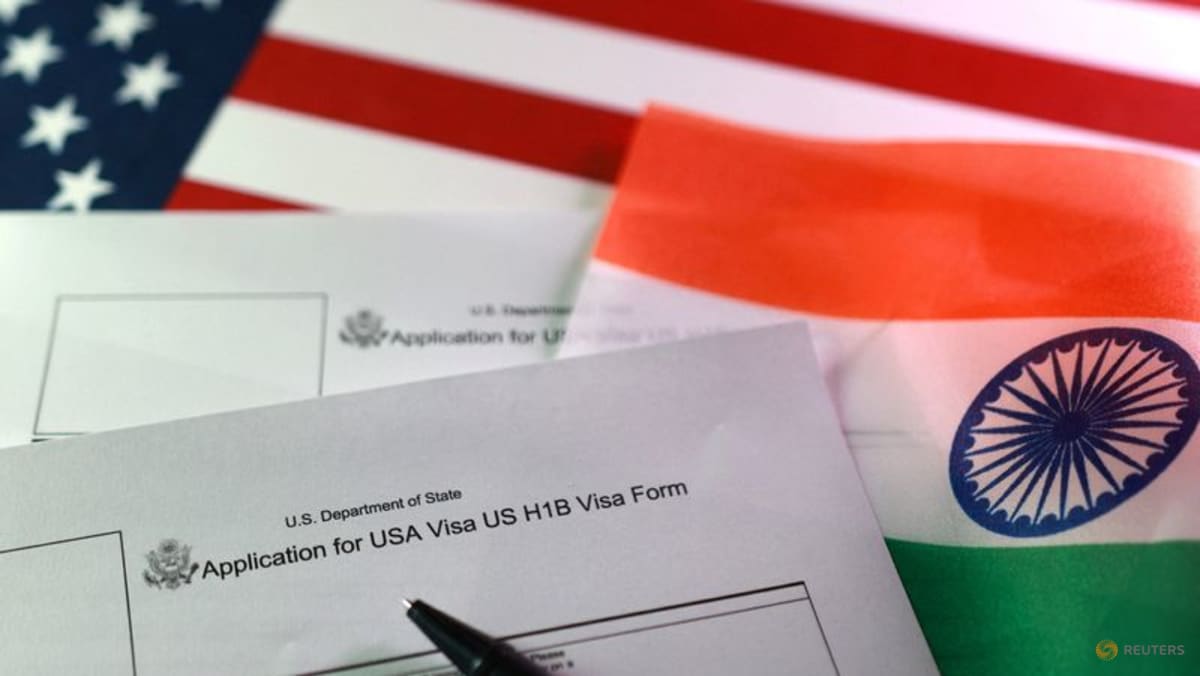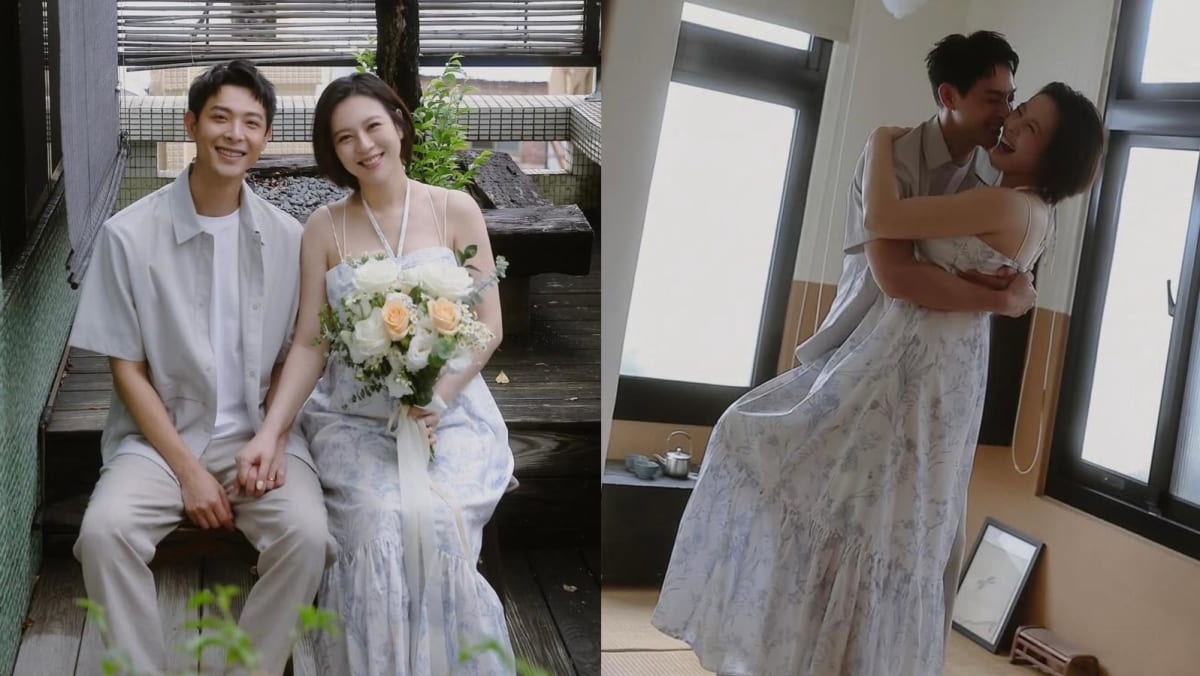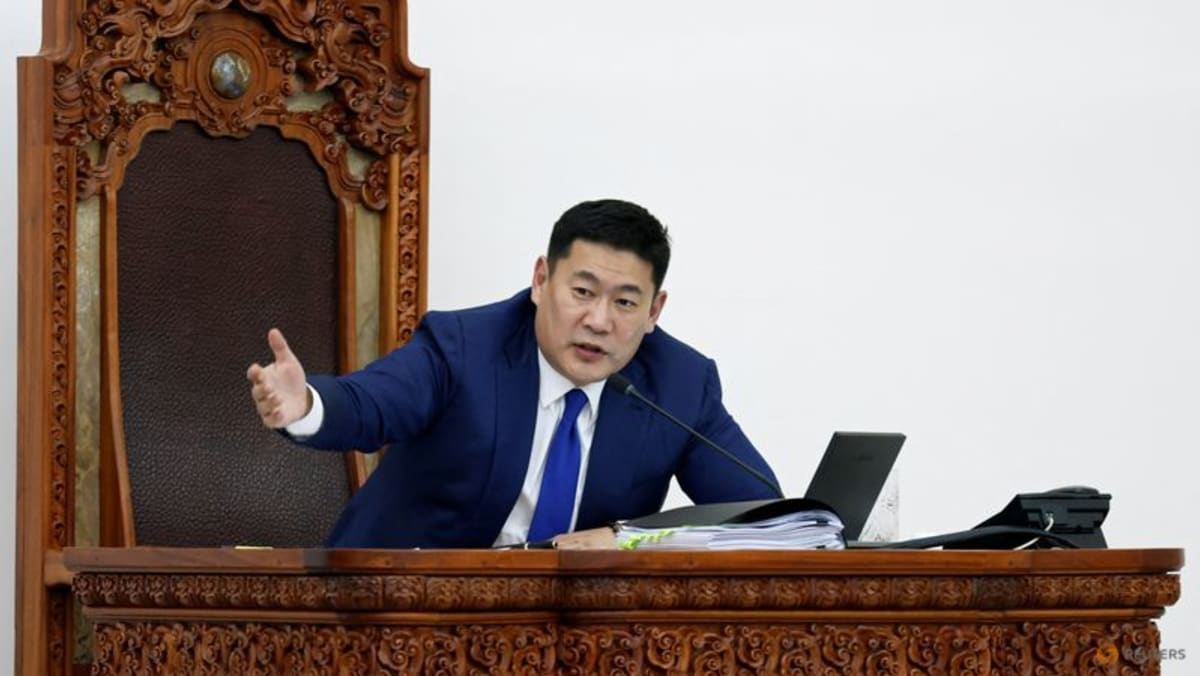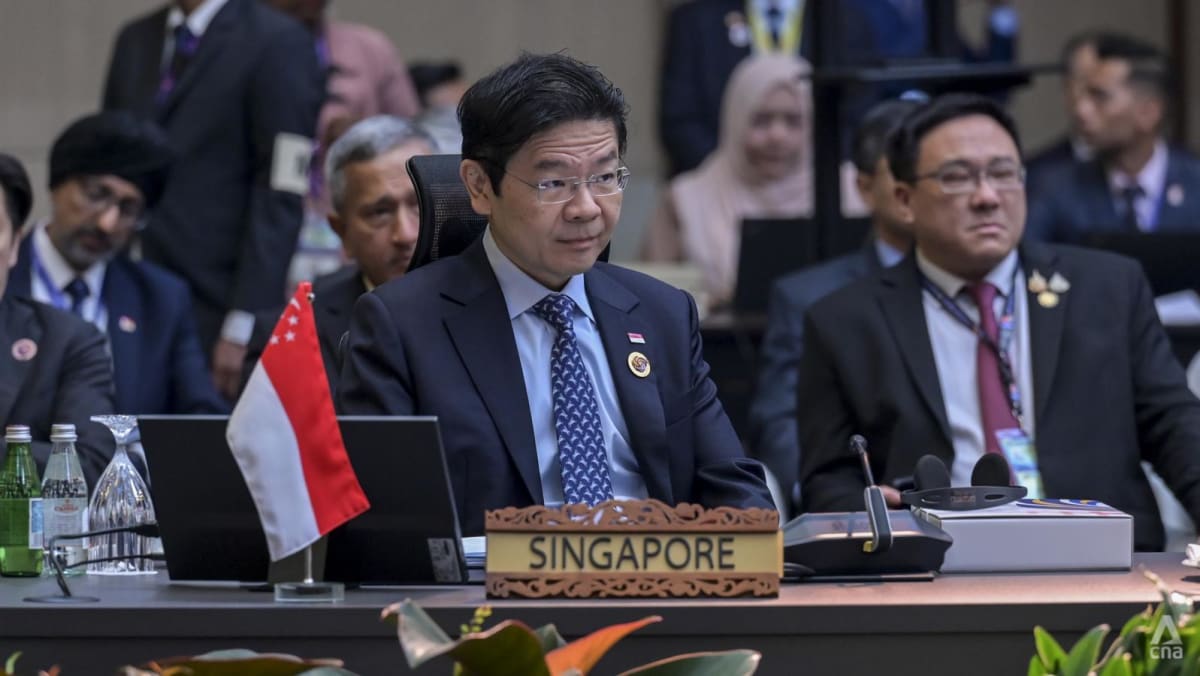SINGAPORE: By now, the phrase “BTO first, propose later” is more than a rite of passage for young Singaporeans. It’s practically become unwritten law.
The sequence is familiar. You apply for a Build-To-Order (BTO) flat, cross your fingers and wait – sometimes for months, often for years. With any luck, you get a queue number under 2,000 and can start fantasising about interior themes and whose parents you’ll live near.
Then, and only then, comes the engagement.
It makes sense that in land-scarce, population-dense Singapore, housing is arguably a bigger commitment than marriage. You’re not just changing your marital status – you’re locking in a 25-year mortgage and syncing your Central Provident Fund contributions for the next few decades.
In that light, the proposal starts to feel... well, almost redundant. The life plan is in motion. You've chosen each other, chosen your Housing and Development Board (HDB) flat, and probably even chosen your laminated flooring. Why get down on one knee at all?
And yet, even with wedding dates pencilled in and renovation spreadsheets bloated with tabs, the big, romantic proposals still come. Sunset drone shots; picnic setups that could rival the average Garden by the Bay installations; friends crouched behind bushes like wildlife photographers. There’s a whole genre of TikTok content built around choreographed “will you marry me” surprises that aren’t actually surprises.
If we already know how the story ends, why bother with the spectacle?
THE BUREAUCRATISATION OF LOVE
Part of the answer lies in the uniquely Singaporean tension between efficiency and intimacy.
This is a country that has elevated pragmatism from philosophy to policy. Lacking natural resources, we invest in knowledge industries, education and workforce training. We map out career moves based on bonus cycles and promotion timelines, and plan pregnancies around parental leave allowances and baby bonuses.
Nearly every aspect of our lives is so efficiently structured that romance, too, has adapted.
Singaporean love is rarely spontaneous; it is scheduled, strategised, and synced to government timelines and BTO launches. The HDB Hub in Toa Payoh has become its own kind of romantic landmark, with couples posing with flat application forms like they’re love letters.
A romantic relationship here has become less of a private affair and more of a public declaration of mutual planning. When young adults get into serious relationships, their friends don’t ask them “Are you thinking of marriage?” – instead, the question is more often “Are you thinking of BTO?”
But here’s the twist: In a city that so thoroughly systematises life, Singaporeans haven’t given up on romance. If anything, we’ve become even more deliberate about it.
Among our own friends, my partner and I seem to be in the minority – we got engaged before we secured housing, a luxury we don’t take for granted.
However, we’d already lived together while studying in the UK and had plenty of honest conversations about finances, family, and the kind of life we wanted to build. So while the proposal came first, it wasn’t some grand, romantic leap. It was the next step in a relationship already grounded in pragmatism and shared family values.
The Singaporean proposal, in this context, becomes less about asking an actual question and more about marking meaning. It’s a gesture of emotional agency.
It’s one small avenue through which young Singaporeans reclaim sentimental meaning in a culture where major life arcs and events have been pre-mapped by bureaucracy. Yes, love has been admin-ed to death – but in small moments like the proposal, we can try to breathe some life back into it.
 Ms Nicole Chan (right) with her fiance, Mr MX Chuang, on Sep 20, 2024, during a trip to Jeju-do, South Korea. On this day, Mr Chuang surprised Ms Chan with a proposal. (Photo: Nicole Chan)
Ms Nicole Chan (right) with her fiance, Mr MX Chuang, on Sep 20, 2024, during a trip to Jeju-do, South Korea. On this day, Mr Chuang surprised Ms Chan with a proposal. (Photo: Nicole Chan)
THE NEED TO BE SEEN AND HEARD
Ever experienced a period in your life where it seemed like all your friends were getting married, buying housing or having babies, and you found yourself having an unexpectedly emotional reaction?
It’s called “wedding contagion”, a phenomenon that reveals how the act of being observed changes how people behave, wrote Stephen Bush for the Financial Times. It manifests in the form of an emotional margin call: Suddenly, we feel prompted to re-evaluate our own paths and journeys.
In anthropology, the term “social rituals” describes symbolic, performative activities or actions that publicly affirm identity, belonging and transitions. Think weddings, graduation ceremonies, even National Day parades. They’re milestones that help us signal identity, life stage and emotional intent.
These rituals offer a kind of cultural shorthand. When you’re promoted, people ask about salary or key performance indicators. When you’re engaged, everyone squeals, hugs, congratulates, maybe asks to see the ring.
The ritual of the proposal delivers a form of shared, social clarity – a way to be understood across social lines.
In a time of fragmented norms and constant change, that legibility still matters.
It makes sense that in a world where everyone is watching (online, offline, and in the haze of social comparison), we create public rituals to both process our private choices as well as prove them to others – both things that can be done on our own terms.
WRITE YOUR OWN RULES
Of course, not everyone has the means (or the desire) to stage a picture-perfect proposal. Not every relationship fits neatly into the public-private dichotomy. And for some, the idea of a proposal feels outdated – a relic from a time when marriage was less of a partnership and more of a transaction.
There’s also something quietly radical in choosing not to perform your love for others. In a culture where so many moments are built for display, opting out can be a statement in itself.
But in a society where so much of life feels mapped out in neat, bureaucratic stages, ritual gives us back something we’re secretly craving: The illusion of spontaneity, the comfort of choice. But even if we’ll never really get to “till death do us part” heights of romance, maybe it’s not so bad settling for “till lease expiry do us part”.
Even with love on a 99-year term, is there still any real value to asking The Question?
Sure, these days proposals can be hyper-curated, filtered to Instagram perfection, even aestheticised to death. But dismissing them as hollow misses the point entirely. To be seen in joy – to share it, perform it and hold onto that moment with the people you love – that’s its own kind of intimacy. It’s about shared experience, not just spectacle.
Maybe that’s why the proposal sticks around, long after the paperwork’s signed and the renovation quotes pile up. Because deep down, even the most pragmatic of us will always be, at least in some small part, sentimental romantics hoping for a love story told on our own terms.
Nicole Chan is a communications strategist with a passion for topics relating to social impact, intersectionality and pop culture.


